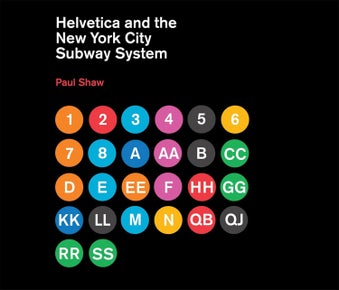The Kawasaki Heavy Industries factory in Hyōgo Prefecture, Japan, April 2007.
(tosimisi, CC BY-SA 2.0 <https://creativecommons.org/licenses/by-sa/2.0>, via Wikimedia Commons)

KAWASAKI RAILCAR MANUFACTURING
The Kawasaki Railcar Manufacturing Company (川崎車両, Kawasaki Sharyō) is the Japanese rolling stock manufacturing subsidiary of Kawasaki Heavy Industries. Since beginning operations in 1906, the company has produced more than 90,000 railroad cars.
Aerial view of the Kawasaki Rail Plant in Yonkers, New York, May 2011.
(SConnick at English Wikipedia, CC BY-SA 3.0 <https://creativecommons.org/licenses/by-sa/3.0>, via Wikimedia Commons)
Products
As indicated by the company name, the company mainly produces railroad vehicles. Since the early-1980s, Kawasaki has received orders from customers in foreign countries, including the Republic of Ireland, Bangladesh and the United States. All products manufactured for the US rail market are sold through Kawasaki Rail Car Inc., another division of Kawasaki Heavy Industries. An assembly plant in Lincoln, Nebraska produces fully completed cars and "knocked down" cars. Because of substantial sales to the New York City Subway and various commuter lines, an additional assembly plant was established in Yonkers, New York, in 1986 for final assembly of cars built in Lincoln, at the site of a former Otis Elevator Company factory. The rolling stock of the Dhaka Metro Rail's first line, MRT Line-6, is made by Kawasaki.
In November 2020, Kawasaki Heavy Industries announced that it would spin off some of its businesses, including the rolling stock division from October 2021.
A train of Kawasaki R62 subway cars on the 3 service of the New York City Subway. (Damian Hewitt - Facebook, CC BY-SA 4.0 <https://creativecommons.org/licenses/by-sa/4.0>, via Wikimedia Commons)
R142A subway cars on the 4 service of the New York City Subway. (MTAEnthusiast10, CC BY-SA 4.0 <https://creativecommons.org/licenses/by-sa/4.0>, via Wikimedia Commons)
R160B subway cars on the F service of the New York City Subway. (Mtattrain, CC BY-SA 4.0 <https://creativecommons.org/licenses/by-sa/4.0>, via Wikimedia Commons)
U.S. Clients
- Long Island Rail Road – C-3 bilevel cars, M9/M9A cars
- MARC – MARC III bilevel commuter cars (ex-VRE C Cars refurbished by Bombardier Transportation)
- Massachusetts Bay Transportation Authority MBTA Commuter Rail – BTC-4, CTC-4, BTC-4A/4B/4C bi-level commuter cars
- New York City Subway – R62, R68A, R110A, R142A, R143, R160B, R188, R211 cars
- Metro-North Railroad – M8, M9/M9A cars
- PATH – PA4 and PA5 cars
- SEPTA – Broad Street subway Class B-IV cars; LRV K Series 9000 and 100 subway–surface / suburban trolleys
- Virginia Railway Express – C Car bilevel commuter cars, since sold to MARC Train
- Washington Metro – 7000 series cars
Metro North Railroad M8. (Dannel Malloy, CC BY 2.0 <https://creativecommons.org/licenses/by/2.0>, via Wikimedia Commons)
Washington Metro 7000 series. (Swagging, CC BY-SA 4.0 <https://creativecommons.org/licenses/by-sa/4.0>, via Wikimedia Commons)
Long Island Railroad C3 Bilevel. (AEMoreira042281, CC BY-SA 3.0 <https://creativecommons.org/licenses/by-sa/3.0>, via Wikimedia Commons)
Overview
Native name: 川崎車両株式会社
Romanized name: Kawasaki Sharyō kabushiki gaisha
Company type: Subsidiary
Industry: Rolling stock manufacturing
Founded: 1906
Headquarters: Hyōgo-ku, Kobe, Japan
Products: Electric trains (including Shinkansen trains), Monorails, Passenger coaches and freight cars, Diesel locomotives, Electric locomotives, Platform screen door systems, Passenger coaches and freight cars integrated transit systems
Parent: Kawasaki Heavy Industries
Website: Official website
MBTA CTC-4 bilevel cab car.
(Adam E. Moreira, CC BY-SA 3.0 <http://creativecommons.org/licenses/by-sa/3.0/>, via Wikimedia Commons)













